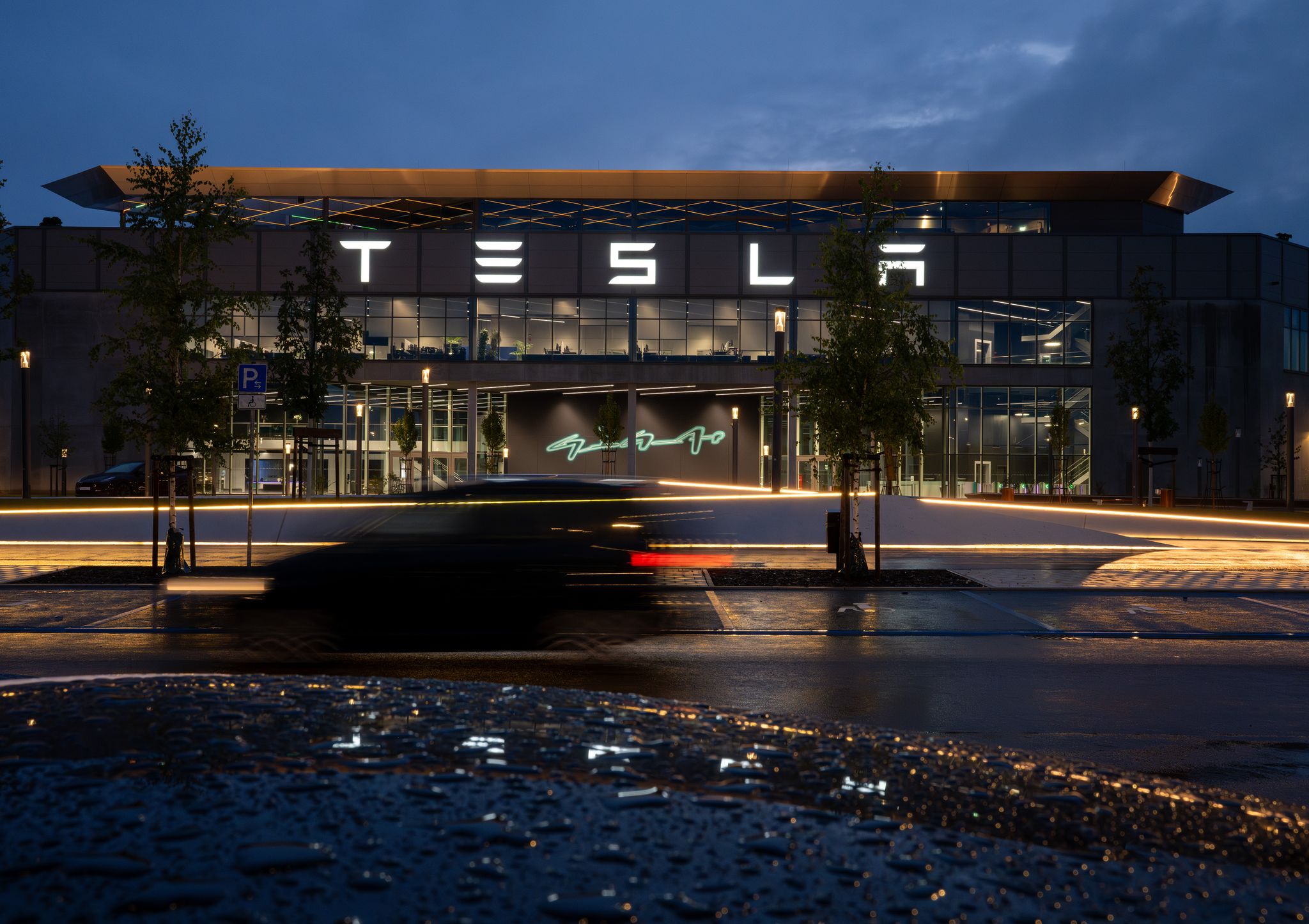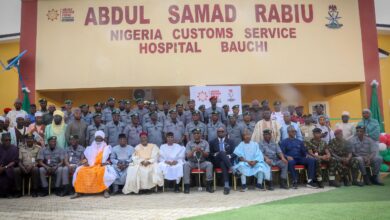
United States (US) electric car maker, Tesla, has disclosed that it is sticking to plans to expand its site near Berlin but leaving the timeline open amid protests, production challenges and a difficult market situation.
Factory Manager André Thierig told dpa: “We firmly believe that the market will pick up again. It is certainly a question of how fast and when. We won’t invest multiple billions for the factory expansion without clear signals that the market is demanding it. We can step on the gas if we realize that we need it.”
Thierig, who has been working in the automotive industry for nearly 25 years, added: “We are still producing five days a week in three shifts and could ramp up production at any time.”
Figures from the Federal Motor Transport Authority showed that there is little movement on the electric car market and that in the first six months of this year, the number of new electric vehicle registrations in Germany reached 184,125, including 21,249 of Tesla’s.
A report by the German News Service (delivered by dpa) indicates that last year, the situation was better in that 220,244 e-vehicles were registered, including 36,384 of Tesla’s. The company, led by US tech billionaire Elon Musk, closed the second consecutive quarter worldwide with a decline in profits.
The German site at Grünheide town in the state of Brandenburg that surrounds Berlin was also affected by previously planned job cuts. Thierig said: “Our plan at the beginning of the year predicted significantly stronger growth, which did not materialize. We quickly and quietly reduced the 400 jobs with an attractive severance programme.”
But he also pointed to more promising developments, such as in Britain, adding: “By now serving the right-hand drive market in the UK and Ireland from Berlin, we have a larger market that we can directly access.”
Tesla is also planning to expand the site outside Berlin, which employs about 12,000 people as the carmaker plans to increase production from 250,000 vehicles yearly to 1 million vehicles in the long-term.
The company sent in its first application for environmental approval for the expansion from the state of Brandenburg, but this has been delayed.
Initially, the application is only for construction measures on buildings that have already been built and the state environmental agency has granted its preliminary approval. “We expect the first partial approval to come in September or October,” Thierig said.
Two further applications are planned so far, including one for the approval of a new factory. But Tesla has faced further challenges since the start of the year, with production halted for about two weeks in January and February due to missing parts caused by attacks carried out by the Yemeni Houthi militia on ships in the Red Sea.
Tesla has also faced a growing number of protests by environmental activists, some of whom are camping in the forest near the factory, seeking to prevent the plant’s expansion, which will involve deforestation, a new freight station and expanded water consumption.
The company adjusted its plans after a citizen survey of residents in Grünheide, which mostly opposed the expansion, and is set to clear less forest than originally planned.
In a further interruption to production, the factory stopp output for a week in March after Tesla’s power supply was interrupted in an attack.
Environmental activists also tried to storm the Tesla site during protest days in May leading to another halt in production in June due to internal measures, the company said.
Meanwhile, Tesla plans to buy and clear an area of forest belonging to Brandenburg to build a new freight station.
Thierig also said: “We are in talks with the forestry department for the purchase, while the finance committee of the Brandenburg state parliament must approve this. The company hopes to complete the purchase by the end of this year.”
Water use remains an issue for environmentalists, though Tesla says it uses 1.8 cubic metres of water per car, significantly below the industry average.
Tesla does not intend to use more water for the expansion than it currently does, saying the quantity secured in its contracts is enough for 1 million cars, because Tesla plans to recycle not only its processed water but also its sanitary wastewater in the factory in the future, Thierig said.











